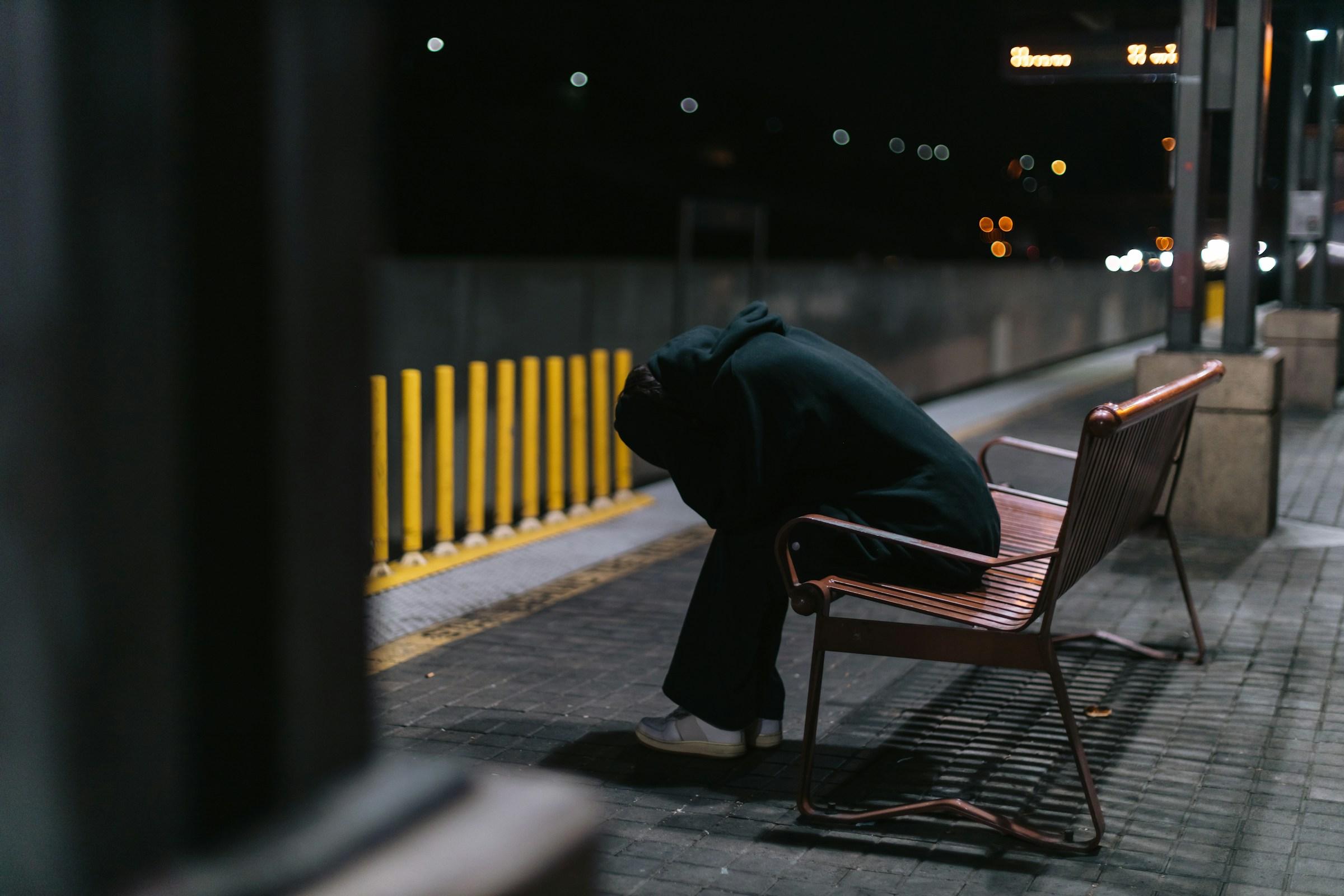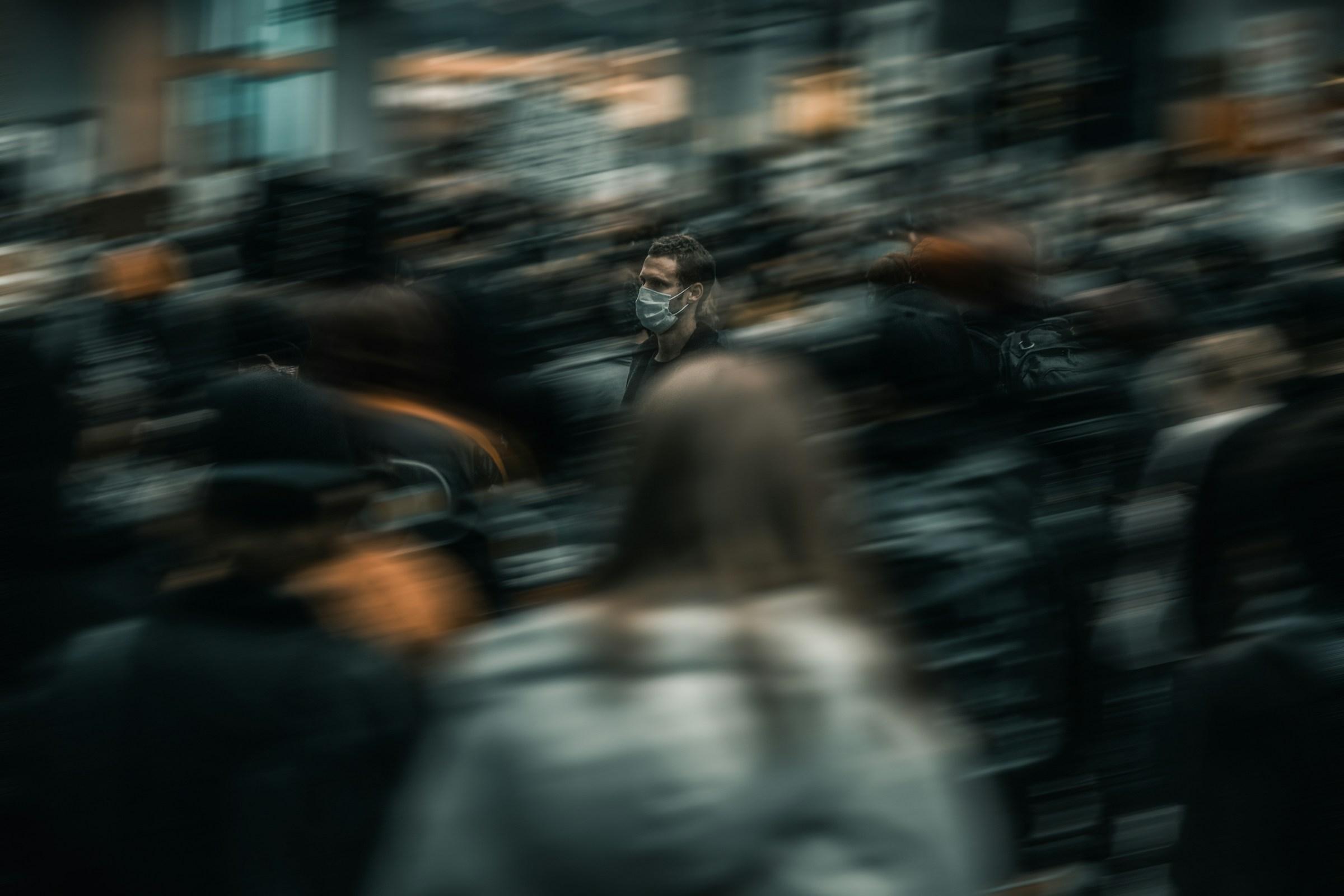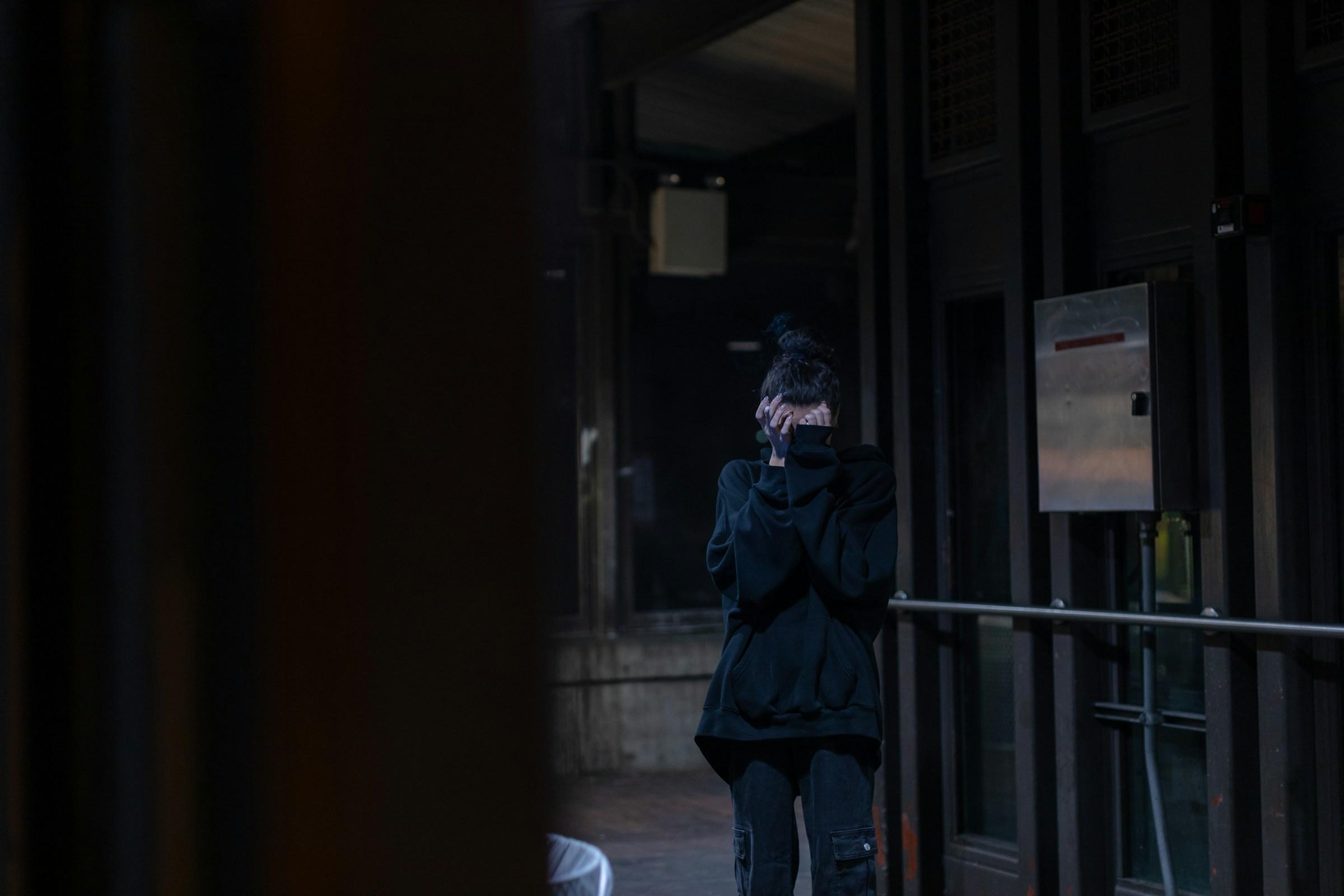What worsens social anxiety in the scroll age is not a single dramatic force but a layered set of habits and environments that nudge nerves higher one small notch at a time. The internet did not invent social fear. It organized it, timestamped it, and surrounded it with status lights that blink during the most ordinary parts of life. A person who might once have rehearsed a greeting at the door now practices in the front camera, edits the script in a notes app, and opens a maps app for a route they already know because holding a task calms shaky hands. Rehearsal becomes a lifestyle. The modern world offers stages that never close and audiences that are always technically present, even when they are distracted. The brain keeps auditioning because the feed keeps asking for the next act.
This culture of constant partial visibility magnifies ambiguity. Group chats promise closeness, yet they multiply the chances of misreading intent. A fast reply reads as warmth while a late reply becomes a mystery that no one can solve. Social anxiety thrives on unclear clocks and incomplete signals, and the digital environment is full of both. Read receipts create the illusion that friendship can be measured, and typing bubbles feel like a market signal that rises and crashes in seconds. Every small cue can become a referendum on belonging, which invites the mind to catastrophize.
Workplace rituals have changed in ways that amplify this pressure. When meetings moved online, many never returned to the room fully. Cameras on became a norm rather than a choice. People learned to talk while watching their own faces respond in real time, a demand that human brains did not evolve to handle. Presenting to others while silently critiquing one’s own live broadcast creates a double performance that drains even the most sociable workers. It is difficult to be present when a private panel of judges seems to live inside the screen, scoring eye contact and micro expressions before a sentence ends.
Dating culture did not escape the same logic. Apps promised to cure approach anxiety by smoothing the first move into a swipe. They succeeded in opening conversations and then introduced a fresh chasm between possibility and plan. In that gap, self talk can become loud and circular. People open the app to feel chosen, close it to avoid the next test, then reopen it because silence feels heavier than uncertainty. Meanwhile, the broader language of personal branding encouraged everyone to behave like a billboard even in private life. Routine messages began to feel like copy. Photos turned into evidence. A like became a kind of proof, then it stopped being enough because the counter resets each day.
Hybrid office culture adds another layer of friction. Proximity still matters to careers, but now proximity is a puzzle that people solve with partial maps. Unspoken rules live in calendars, inside jokes, and hallway moments that never reach remote colleagues. Anxiety rises when it seems that other people hold a schedule or a playbook that you do not. You learn to laugh along without understanding the reference and then wonder how to reenter the rhythm without announcing that you were out of step. Many people are not shy by nature. They are simply tired of guessing at codes that no one teaches.
Physical spaces can worsen the strain in unexpected ways. Restaurants chase a visual vibe that photographs well, which often means hard surfaces that reflect noise. Conversation bounces and speeds up. People talk louder in order to be heard and sharper in order to land a point. The quiet person disappears, not because they lack ideas but because the room was designed to reward volume. Noise is not only a sound problem. It is a feedback problem that distorts social cues, and anxiety increases as the signal grows chaotic.
Digital etiquette has its own strange shadow. Muting someone without unfollowing them has become a normal, even considerate act. The soft ghost is common. People vanish gently, remain in the archive, and still watch stories because watching feels free. Analytics turn those views into a number that the anxious mind reads as a face. Stories fill the gap where the face should be, and they rarely flatter the storyteller. The platform does not explain context. It simply offers tallies that can be refreshed, and each refresh prompts a new round of interpretation.
Even wellness routines can become accidental scoreboards. Morning rituals promise control. Cold showers, green smoothies, strict sleep hygiene, and perfectly arranged nightstands are satisfying for some. For others, they become new arenas for failure. If the plan collapses by 8 a.m., the day can feel lost before the first meeting. Posture bends under a private apology. Small talk feels harder when the body carries the judgment of a failed routine. The desire for improvement morphs into a self audit that never closes the file.
Short term aids often come with quiet costs. Alcohol eases self consciousness during the event and charges interest the next afternoon. Memory grows sharper around moments of potential awkwardness. Did I speak too closely. Did I share too much. The mind overdrafts against the previous night and paces through the day while paying the fee. Caffeine enhances focus but narrows attention toward threat. The third cup on a tense morning can turn a harmless brainstorm into a perceived examination. The heart rate becomes a commentator. Palms sweat a monologue that suggests danger where there is none. These bodily signals often outrun the facts of the room, and the mismatch convinces the mind that something is wrong.
The phone provides an escape that looks polite. A glance at a notification can excuse a person from a lull in conversation. Sometimes this is healthy. It can also train people out of an old and useful skill, which is the art of tolerating pauses. Rooms that can breathe allow quieter people to join and let thoughts develop at their natural pace. When every silence is patched with a screen, social anxiety does not learn patience. It learns to keep bailing water the moment a pause appears.
Labels affect behavior too. The word introvert migrated from description to identity for many. That shift helps some people guard their energy and choose better environments. For others, it becomes a hall pass that ends the experiment before it starts. If a label becomes a wall, anxiety gets to stay home and call the decision wise, even when the person wanted to try. The broader algorithm culture rewards certainty in language, which encourages people to state preferences like laws. I do not attend parties. I hate phone calls. I never go first. At times these are healthy boundaries. At other times they become bunkers decorated as boundaries. Bunkers reduce risk and keep people online. Big rooms are harder to scale inside fortified minds.
Influence culture adds a subtler strain. The quiet teenager who writes beautifully can gather a following and become a mentor to peers they will never meet. This is tender and real, but it is also a job in disguise. When identity turns into a product, a bad day feels like fraud. Underperforming your own persona is a special kind of panic, and anxiety grows when the self becomes a brand that must always deliver.
None of this means that culture offers no relief. People are inventing small antidotes that work like architectural tweaks for the nervous system. Low stakes gatherings with clear start and end windows help guests enter and exit without drama. Sober bars create rituals without the next day’s tax. Some restaurants add soft panels that help conversation land. Thoughtful managers carve out no camera blocks and frame them as focus time rather than social withdrawal. Micro communities write invitations that sound like consent, not tests. These are not cures. They are gentle adjustments that shift the balance from performance toward presence.
Still, the internet does not step aside. It collects every gesture and returns it as a prompt to continue. A kind check in becomes a thread that feels mandatory to maintain. A meme about being socially drained becomes both satire and a mirror. Posting the joke brings relief and also raises the stakes, because friends now expect the identity it describes. The feedback loop tightens and anxiety follows the loop.
What makes social anxiety worse is the sense that the price of being slightly wrong is higher than the value of showing up. When rooms behave like stages and tools translate nuance into numbers, the mind acts like a critic. The way out is unlikely to be a single habit change. It is more plausibly a cultural choice to reward presence over polish, to build spaces that transmit softer signals, and to treat pauses as signs of life rather than dead air. The oldest social technology we have still feels radical in an age of constant display. Look up. Allow moments to be a little boring. Trust that people who matter will wait for the sentence to arrive, even if it takes a moment to find its path. The rest can live in the archive where it belongs.






.jpg&w=3840&q=75)






.jpg&w=3840&q=75)
